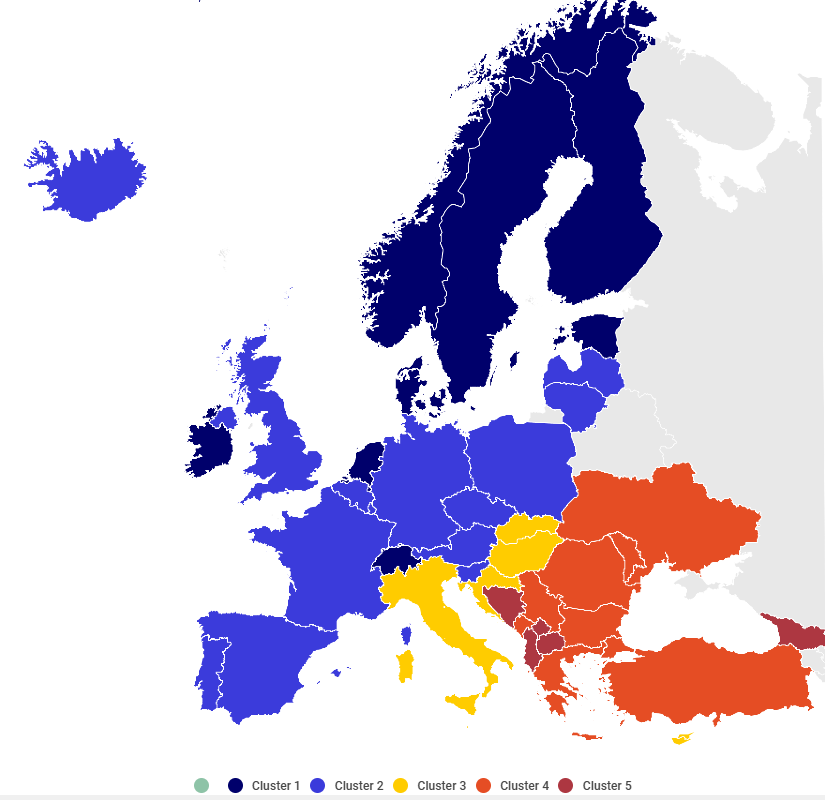BINGO!
One of my US correspondents put a very interesting idea to me overnight.
The Democrats might be feeling pretty despondent right now and with good reason. They got a great deal wrong in this election campaign, starting partly with the moment that Biden refused to give way to a younger, more able candidate and partly with the fact that, at present, they do not even seem to know how to spell change, let alone offer it.
But, as my correspondent pointed out, Trump has offered change to everyone, and whilst superficially, each of those to whom he has made a promise might like what he has offered, the reality of the change that he might put on the table is going to be massively uncomfortable for most in the USA.
Tariffs will mean inflation.
Trade wars will create economic disruption.
Deporting the millions of undocumented people in the US will deny workforces to large numbers of American companies and leave parts of the US, like Florida, that are essentially engaged in care services, devoid of the staff that they need to function. It will also be immensely costly and intensely socially disruptive.
There is a serious risk of a battle between the Fed and the federal government over interest rates in the making. That will not be good for American households.
The massive cut to Medicaid, education and other Federal programmes that so excite Trump and Musk will massively harm the well-being of millions of Americans.
And, importantly, if there are no signs of progress on any of these issues, as there were none post-2016 on things like ‘the Wall', the buyers regret that will very rapidly emerge (as it has in the UK for Labour) will result in a massive backlash against the Republicans.
Large numbers of seats in the House and one-third of the seats in the Senate will be up for election at the midterms in just two years' time. The Democrats might be in a total meltdown right now, and I have little sympathy with them because much of what they had to offer the American people was dull, at best, and profoundly unappealing at worst, but in a political system as desperately two-party orientated as that in the UK is, the backlash against the Republicans for failing to deliver on any, some or most of the promises that they have made, which failure seems very likely with Trump in charge, will swing those elections very heavily in the Democrat's favour.
I see quite a lot of logic in this, even though a Democrat revival without an acceptance of error within that Party feels fairly unappealing.
If, however, this logic is right, expect the mayhem that Trump says he might unleash to begin as soon as possible after the inauguration.
2025 might prove to be a very bad year for the USA.
https://www.taxresearch.org.uk/Blog/2024/11/08/2025-might-prove-to-be-a-very-bad-year-for-the-usa/
AND if we ever had any doubt about how bad it may get, we have our fearless leader Germaine to remind us. Keep up the good fight G. I might tease you occasionally about the gloom and doom in your messaging, but someone has to do the dirty work and we need fresh reminders, especially as this SNOWFLAKE keeps posting more lighthearted stuff.
So, with that thought in mind, I got to thinking if the disaster about to unfold will actually lead us to a brighter day later on. Pie in the sky thinking?
OH well, whatever happens, Cheers to everyone for the New Year.








